Opioid addiction epidemic: Lawmakers, law enforcers, doctors gather to brainstorm solutions
BROOKFIELD -- Using Narcan as a tool to revive overdose victims is becoming more common for first responders. On Tuesday, June 7th, lawmakers and medical professionals gathered to brainstorm what else can be done to stop the heroin epidemic.
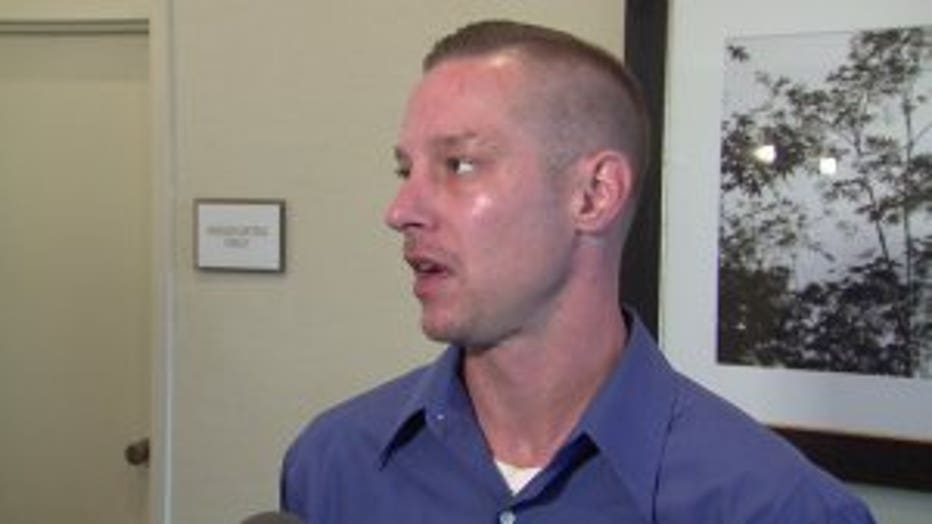
Ian Magolan's lifeline came as his grandmother lay dying.
"Her last words were 'Ian, I want you to get better,'" Magolan said.
Magolan's troubles started in 2005, when he got hurt at work.
"Right away I got prescribed opiates -- and that's how the fall started," Magolan said.
Magolan soon found himself addicted to prescription pain medication.

"All I wanted to do was lay down and take medication," Magolan said.
He spent nearly a decade trapped -- dependent on the drugs, until his grandmother's dying wish prompted him to enroll in a detox program.
"It wasn't easy -- but it was mind over matter, and I thank God that I finished it and I'm here right now," Magolan said.
Magolan has now been sober for more than two years -- but he hasn't forgotten the darkness that was his addiction, and where the drugs took him.
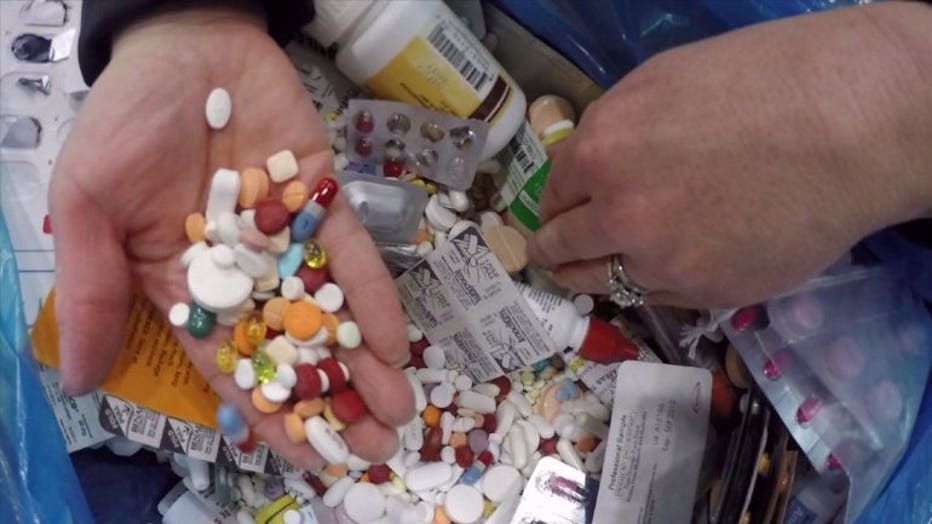
Magolan joined a corps of lawmakers, law enforcement officials and medical professionals Tuesday to talk about ways to combat the growing opioid abuse problem.
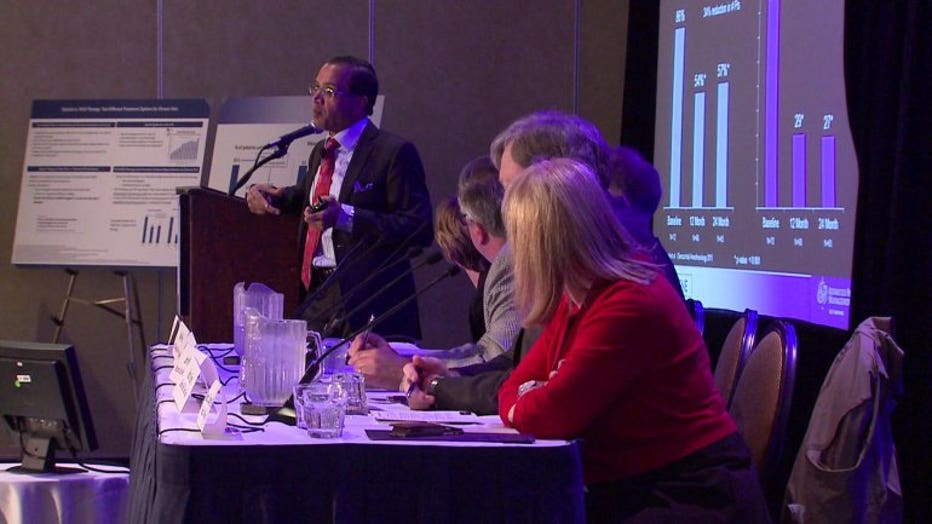
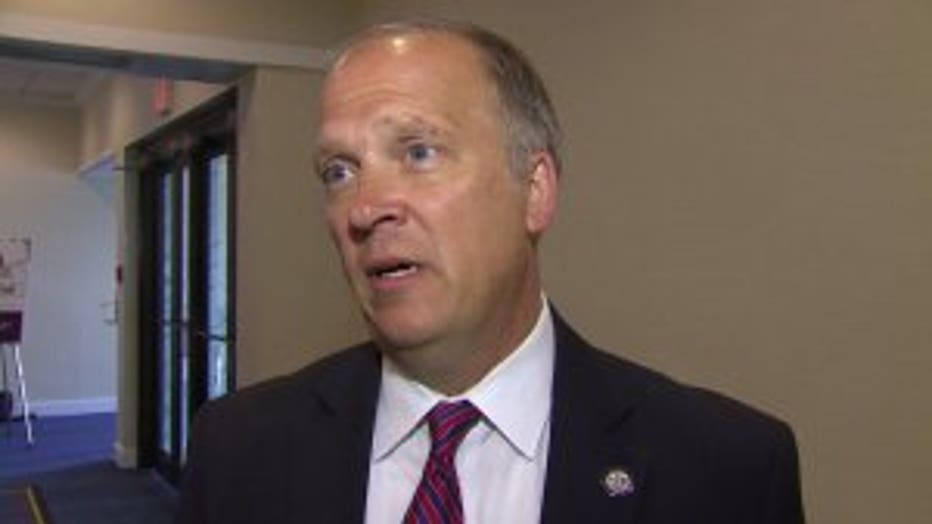
Attorney General Brad Schimel
"Statewide, we are working very hard to address the biggest public health crisis that we've faced in this state in over a quarter century," Attorney General Brad Schimel said.
Schimel said more people now die from accidental drug overdoses than from car crashes.
"80 percent of the people who abuse heroin started by becoming addicted to prescription narcotic painkillers," Schimel said.
The focus of the gathering Tuesday was to brainstorm potential ways to weed out the root cause. Drug take-back programs can help stem the supply to those who may abuse painkillers.
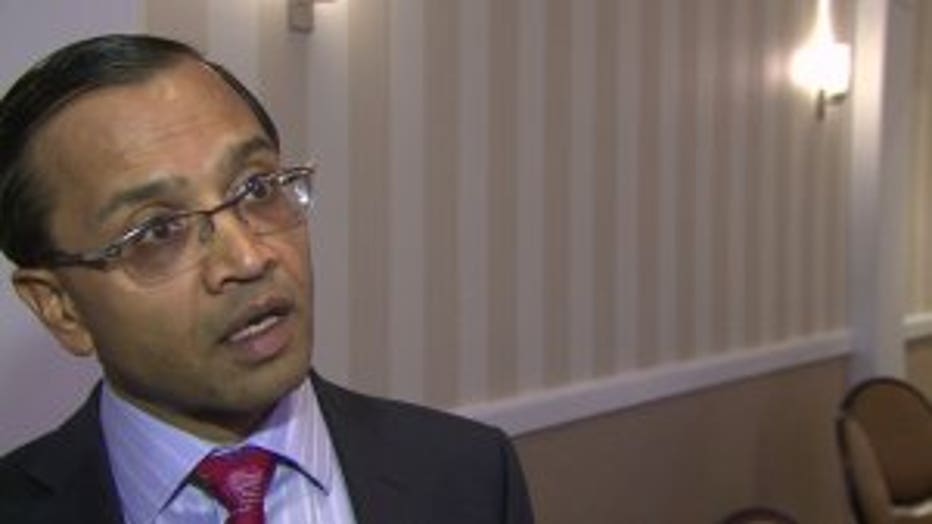
Dr. Nilesh Patel
"Decreasing the supply of medications that are sitting in the closets and in the bathroom cabinets will help, at least to some degree," Dr. Nilesh Patel with Advanced Pain Management said.
There are three things Schimel said you can do to help:
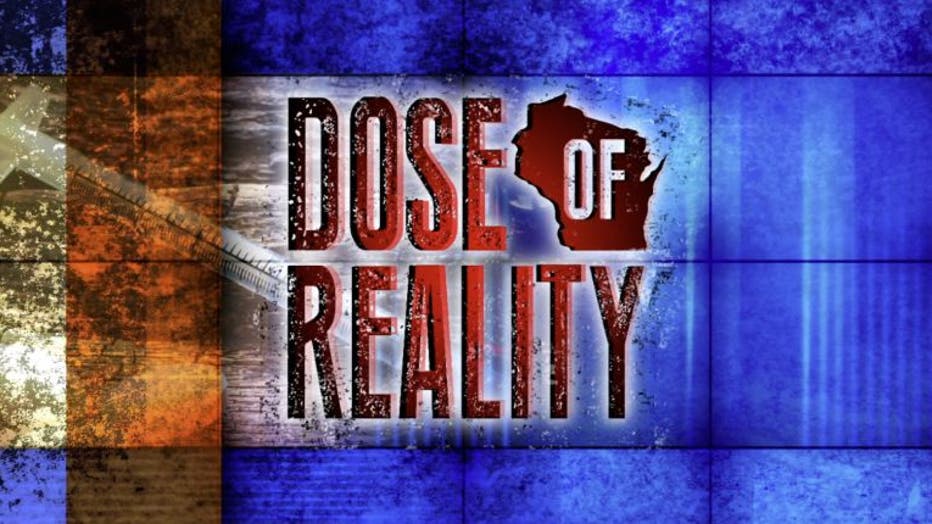
CLICK HERE to learn more about the Wisconsin Department of Justice's "Dose of Reality" campaign.

